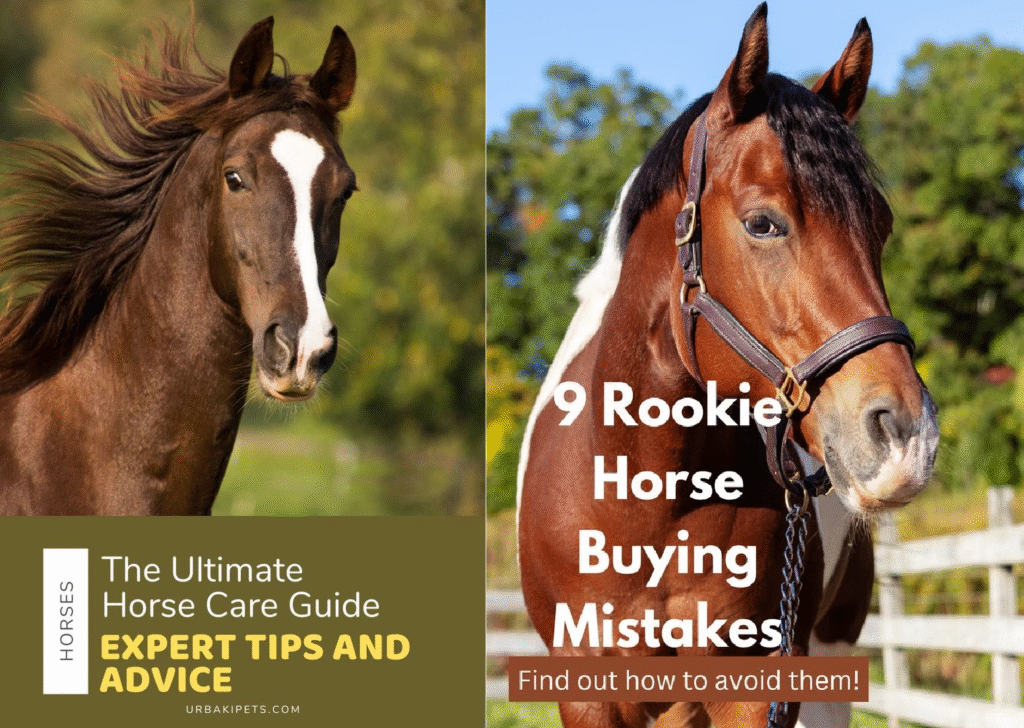
Owning a horse is a unique and rewarding journey that goes far beyond riding or showing. Horses are intelligent, sensitive, and social animals that require thoughtful, daily care and attention. Whether you’re a first-time owner or a seasoned equestrian, having a solid understanding of equine care is essential for your horse’s health, happiness, and long-term well-being.
This ultimate guide covers everything you need to know about horse care—from daily routines to feeding, grooming, health checks, and more.

1. Understanding Your Horse’s Basic Needs
Every horse has fundamental physical and psychological needs. Meeting these daily is the foundation of responsible horse ownership:
- Shelter and space: Horses need protection from the elements and enough space to roam or graze. A well-ventilated barn, paddock, or pasture is ideal.
- Nutrition: High-quality forage, clean water, and the right balance of supplements are critical.
- Social interaction: Horses are herd animals and thrive with companionship—be it other horses, animals, or attentive human interaction.
- Mental stimulation: Boredom can lead to bad habits. Training, toys, varied terrain, and time outdoors help keep your horse’s mind active.

2. Feeding Your Horse: What, When, and How
Forage First
Horses are grazing animals with digestive systems designed for continuous, small amounts of food. This makes forage (hay or pasture grass) the most crucial part of their diet.
- Rule of thumb: Horses should eat 1.5–2.5% of their body weight in forage daily.
- Make sure hay is clean, dry, mold-free, and stored properly.
Concentrates and Grains
Grains and pelleted feeds provide extra energy and nutrients but must be fed carefully:
- Overfeeding grains can lead to colic or laminitis.
- Choose concentrates based on your horse’s activity level, age, and health.
Water and Salt
- Horses can drink 5–15 gallons of water daily. Always provide clean, fresh water.
- A salt lick or electrolyte supplement helps with hydration, especially in hot weather or after exercise.

3. Grooming: More Than Just Looking Good
Regular grooming isn’t just for aesthetics—it’s crucial for your horse’s health.
Daily Grooming Routine
- Curry comb: Loosens dirt and hair while stimulating blood flow.
- Stiff-bristled brush: Removes loosened debris from the coat.
- Hoof pick: Clean hooves daily to prevent thrush and check for injuries.
- Soft brush and cloth: Finish with a soft brush for the face and a cloth for a polished coat.
Benefits of Grooming
- Early detection of cuts, swelling, or infections
- Strengthened bond between horse and handler
- Reduced chance of skin conditions and parasites
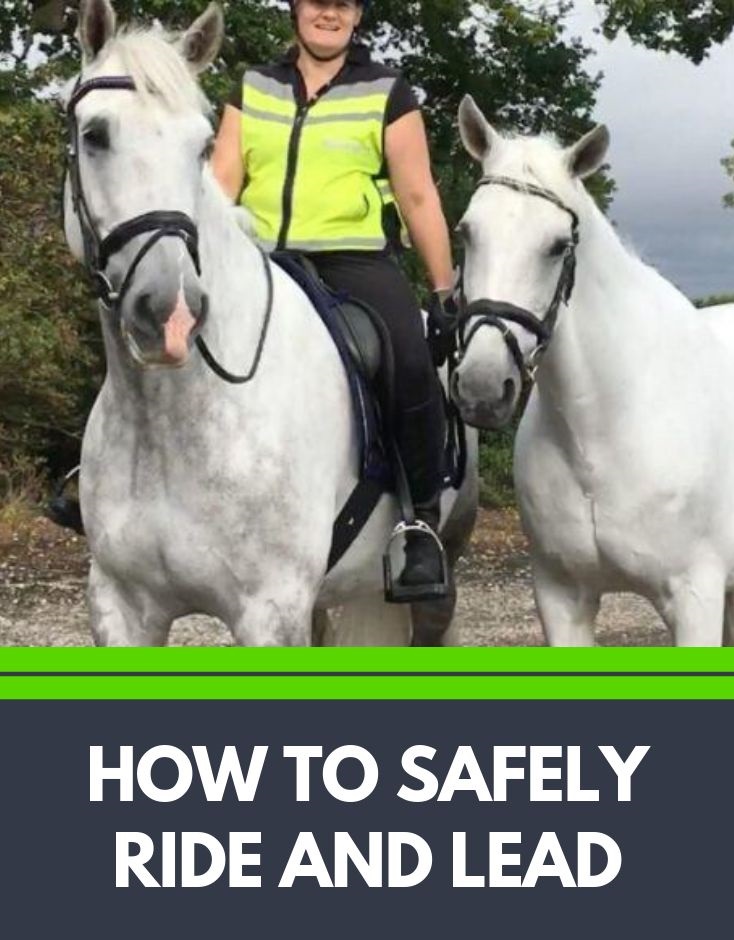
4. Hoof Care: No Hoof, No Horse
A horse’s hooves are a vital part of its health. Poor hoof care can lead to serious issues.
Tips for Proper Hoof Care
- Daily cleaning: Pick out hooves and check for signs of thrush, cracking, or stones.
- Regular farrier visits: Every 6–8 weeks for trimming or shoeing.
- Dry environment: Avoid prolonged exposure to wet, muddy conditions.
Ignoring hoof care can lead to lameness, abscesses, and structural issues.

5. Veterinary and Health Care Essentials
Routine Veterinary Care
- Annual exams and vaccinations: Core vaccines include tetanus, rabies, West Nile, and equine influenza.
- Deworming: Regular parasite control based on your vet’s recommendation (not just a one-size-fits-all schedule).
- Dental check-ups: Horses’ teeth grow continuously and may need floating (filing) every 6–12 months.
Recognizing Signs of Illness
Watch for these common signs that your horse may be unwell:
- Loss of appetite
- Lethargy or unusual behavior
- Changes in manure or urination
- Nasal discharge or coughing
- Swelling, heat, or lameness in limbs
Always consult your veterinarian if you notice unusual symptoms.


6. Shelter and Environment
Types of Shelter
- Barns or stables: Protect from harsh weather and allow easy monitoring.
- Run-in sheds: A great option for pasture-kept horses to get shade or protection from rain.
Pasture Management
- Rotate grazing areas to prevent overgrazing and parasite buildup.
- Provide fencing that’s safe and highly visible (avoid barbed wire).
- Remove poisonous plants and check for hazards like holes or sharp objects.

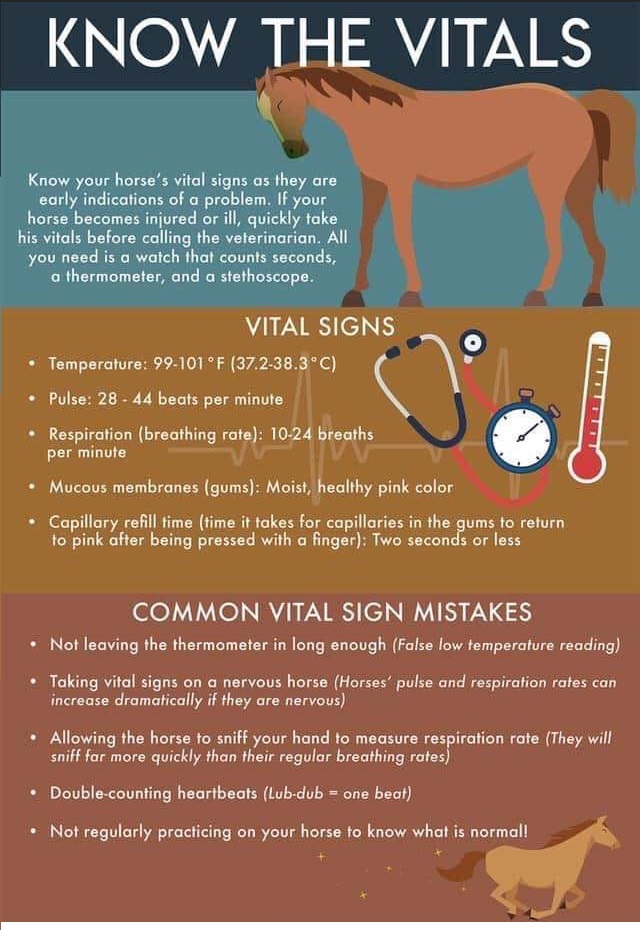
7. Exercise and Training
Regular exercise is essential for your horse’s physical and mental health.
Types of Exercise
- Turnout: Time in the pasture lets your horse move freely, stretch, and socialize.
- Riding or groundwork: Tailor workouts to your horse’s age, condition, and training level.
Training Tips
- Consistency is key—set clear rules and reward good behavior.
- Keep sessions short and positive.
- Hire a trainer if you’re dealing with behavioral issues or advancing skills.
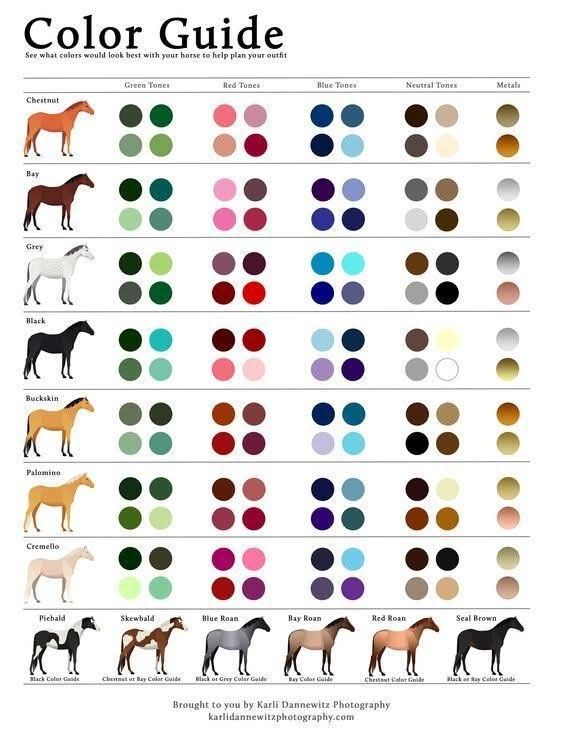

8. Tack and Equipment Maintenance
Your horse’s tack should be safe, clean, and comfortable.
Essentials to Inspect Regularly
- Saddles and bridles: Check for worn stitching, cracks, or damage.
- Bits and girths: Clean and inspect after each use.
- Blankets and halters: Ensure proper fit to prevent rubbing or sores.
Clean equipment regularly and store in a dry, safe place to prolong its life.


9. Emotional Bonding and Trust
Horse care isn’t just physical—it’s also about forming a deep, trusting connection.
Building a Strong Bond
- Spend time just being with your horse—grooming, hand grazing, or hanging out.
- Use calm, confident body language and speak in a gentle voice.
- Don’t rush: Patience and consistency build trust over time.
The better your relationship, the easier everything—from training to medical care—will be.
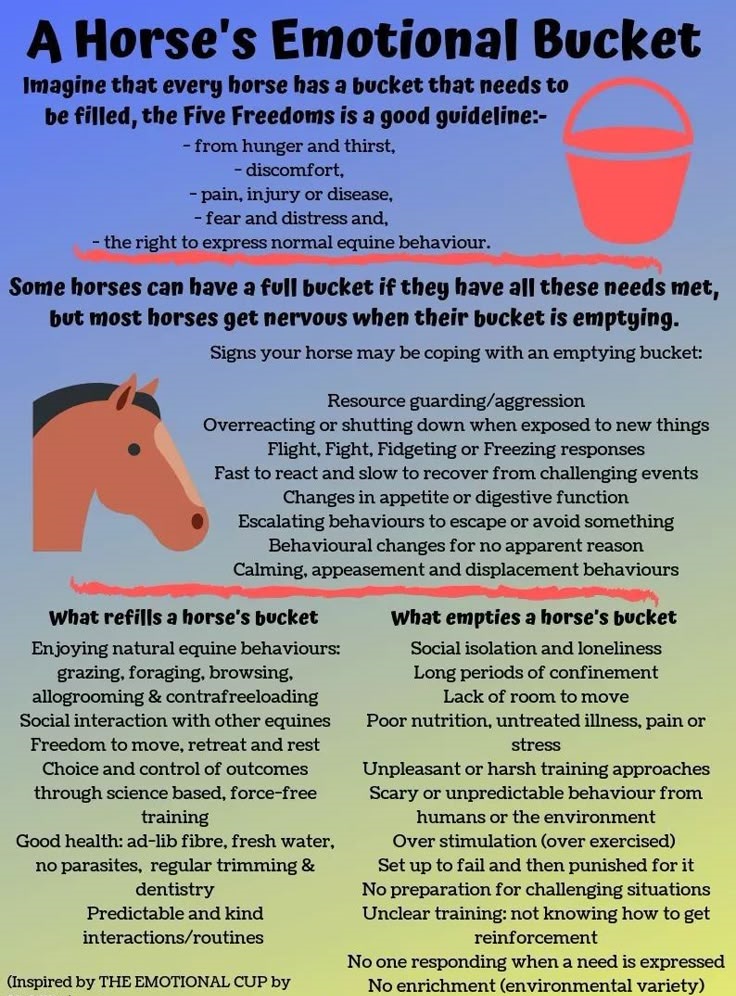
10. Budgeting and Planning
Horse care is a long-term financial and time commitment.
Budget Considerations
- Monthly costs: Feed, bedding, farrier, vet, boarding (if applicable)
- Annual expenses: Vaccinations, dental, tack replacements, insurance
- Emergency fund: Vet bills can be expensive—prepare ahead.
Create a care schedule and budget to stay organized and avoid surprises.

11. Travel and Boarding Tips
Whether you’re moving your horse or heading to a show, safety and comfort are key.
Transporting Your Horse
- Use a well-maintained, properly ventilated trailer.
- Train your horse to load calmly before travel.
- Bring hay, water, and travel documents.
Choosing a Boarding Facility
If you don’t have space at home:
- Visit in person: Cleanliness, pasture condition, and staff experience matter.
- Ask about daily routines, feeding schedules, turnout, and vet access.

Conclusion: A Lifelong Commitment
Caring for a horse is one of the most enriching relationships you can experience. With the right knowledge, resources, and compassion, you can ensure your horse lives a long, healthy, and happy life.
This guide has given you a foundation—now it’s your turn to apply it with dedication and love. Horses are not just animals; they’re partners, companions, and mirrors of our own care and attention. Treat them with respect, and they will return your investment with loyalty and grace.



